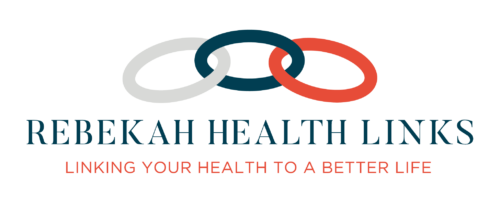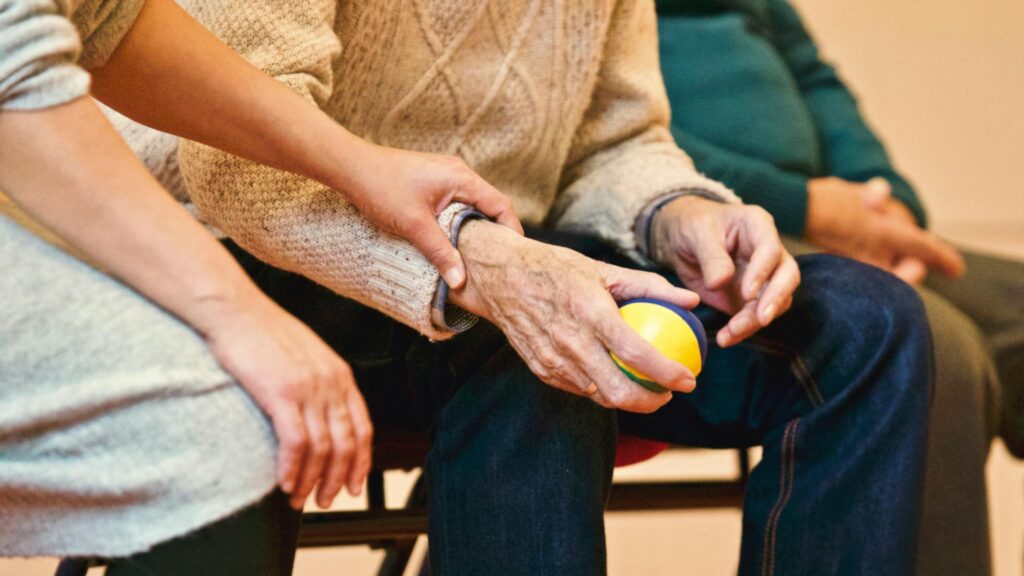Moving from a hospital to a nursing home involves more than just a discharge order. For some patients, it brings a change in surroundings, a new care team, and a different daily routine. This shift may happen quickly, which can make it harder for families to prepare. At Rebekah Health Links, we help ease this process by making sure individuals receive care that meets their current needs. Here are some tips for transitioning from hospital care to a nursing home setting:
Clarify the Level of Care Needed
Every patient leaves the hospital in a different condition. Some are healing from surgery, while others are recovering from illness or injury. Hospital staff may guide families through the next step, whether that involves a short rehabilitation stay or a longer period of assisted living. A nursing home can provide both types of support. Some nursing facilities specialize in long-term care, while others focus on recovery and physical therapy. Understanding what the patient needs can guide the decision and determine whether they require full assistance or intermittent care. Rebekah Health Links offers nursing and rehabilitation services that are structured to support a smooth recovery after a hospital stay.
Prepare Medical and Personal Information in Advance
Before the move, make sure all medical details are gathered and readily available. This may include a list of medications, allergies, dietary needs, and recent discharge notes. Providing this information at check-in helps the care team begin support without delay.
Personal items can also make it easier to adjust to a nursing facility. A few things from home, like a familiar blanket or framed photo, may help the space feel less sterile. Having everything organized, such as medical files, emergency contacts, and documents like a power of attorney, can also help prevent confusion once the patient arrives.
Coordinate With Hospital and Facility Staff
Communication between hospital discharge planners and the nursing home plays a role in how smoothly the transfer goes. Even when facilities are in regular contact, it’s good to confirm that medical files have been received and that no forms are missing. Transportation is another point to check. Know who is arranging the ride, when the move is scheduled, and whether any mobility aids or special equipment need to travel with the patient. The team at Rebekah Health Links can work directly with hospitals during this stage to minimize delays and answer any last-minute questions.
Stay Involved After the Move
Once the transition is complete, the first week may bring questions from both staff and family. The care plan might also evolve during the first few days. Checking in regularly with the nursing facility can give you a better sense of how your loved one is adjusting and whether any changes need to be made. If your loved one has specific habits, preferences, or concerns, share them with the care team early to enhance comfort. Visits from family may also help ease the shift into a new space.
Find Nursing Home Support That Fits Your Next Step
The right nursing home support can help individuals regain strength and find stability after a significant event. Rebekah Health Links provides the structure and oversight needed to support recovery, coordinate care, and make sure daily needs are consistently met. Contact our team to learn more about how we can support post-hospital transitions.


